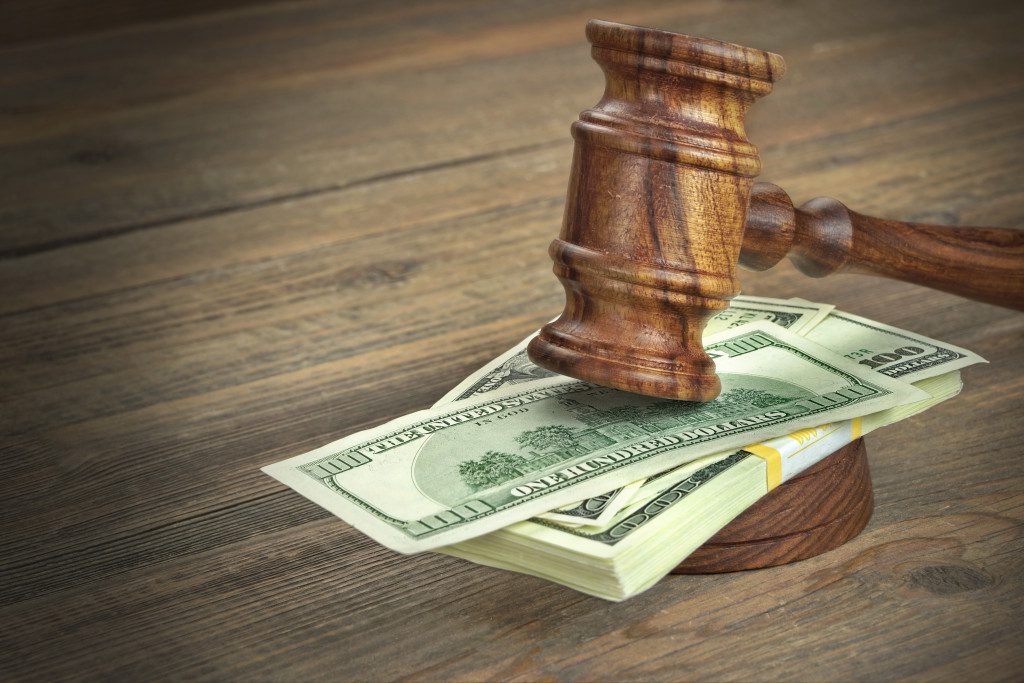- Starting a small business requires an average upfront investment of $184,000, which includes operational costs.
- Major expenses include licensing and legal fees, equipment and supplies, marketing and advertising, and insurance.
- The cost of starting a business varies widely based on location, industry, and specific needs.
- To save money, businesses can use uniform rental services, negotiate prices with vendors, and invest in cost-efficient technology.
- Despite their high upfront cost, businesses can recoup these investments over time through careful planning and strategic decisions.
Starting a small business can be an exciting and rewarding endeavor, but it can also be an expensive one. Many entrepreneurs are surprised by how much money they must invest upfront to get their businesses up and running. Here’s a look into the cost of starting a business, why it’s so expensive and how you can fix them, and some extra tips to ensure you’re saving money.
The Cost of Starting a Small Business
It’s estimated that it requires around $184,000 to keep a small business going for one year. That’s a significant amount of money and can be a daunting sum to cover. On top of that, some businesses might require equipment or other notable investments for them even to get started. These costs vary significantly depending on the type of business, but they only add to the initial startup cost you’ll need to pay upfront.
Reasons Why Starting a Business Is So Expensive
There are various reasons why starting a business can be so expensive. Here are some reasons:

1. Licensing and Legal Fees
One thing that can quickly add up when starting a small business is licensing and legal fees. Depending on where you’re located and what type of business you’re starting, you may be required to obtain various licenses and permits. These can range from a few hundred dollars to several thousand.
In addition to licensing fees, you’ll likely need to consult with a lawyer to ensure that all aspects of your business are legal and compliant. This can also be a significant expense, as lawyers charge hourly rates that can quickly add up.
2. Equipment and Supplies
Another major expense when starting a small business is equipment and supplies. This can include everything from computers and office furniture to manufacturing equipment and raw materials. Depending on the type of business you’re starting, this can easily run into tens of thousands of dollars.
When purchasing equipment and supplies, it’s important to factor in the upfront cost and ongoing maintenance and repair expenses. This can add up over time, so make sure to budget accordingly.
3. Marketing and Advertising
No matter what type of business you’re starting, marketing and advertising are essential to getting your name out there and attracting customers. This can include everything from setting up a website and social media accounts to running paid ads or hiring a marketing firm.
Marketing and advertising can be a significant expense, especially if you’re starting and need to build your customer base. However, investing in these areas is crucial to ensure your business’s long-term success.
4. Insurance
Finally, it’s essential to factor in the cost of insurance when starting a small business. This can include everything from liability insurance to workers’ compensation and health insurance. Depending on the type of business you’re starting and the number of employees you have, this can be a significant expense.
While insurance may feel like an unnecessary expense, it’s essential to protect yourself and your business in case of accidents or lawsuits. Make sure to budget for insurance as you start, as this can be a non-negotiable expense.
Other Tips to Save Money in Your Business Startup
There are some additional ways you can save money when starting a business. Here are some of those tips:
Uniform Rental
Uniforms can be expensive for businesses, but you don’t have to purchase them outright. Instead, there are now reputable uniform rental companies that can help reduce upfront costs and make it easier to keep up with changing fashion trends. Additionally, uniform rental companies help reduce the amount of laundering you have to do on your own, which can save you time and money.

Negotiating Prices
Another way to save money when starting a business is by negotiating prices on everything from supplies and equipment to marketing services. Many vendors will be willing to offer discounts, especially if they know you’re just starting.
Investing in the Right Technology
Finally, investing in the right technology can help you save money in the long run. By taking advantage of cloud computing, automated systems, and other technologies, you can improve efficiency while saving on expenses for equipment and personnel costs.
Starting a business is undeniably an investment, requiring not only monetary resources but also time and effort. The initial startup costs can be challenging, but with careful planning, negotiation, and strategic utilization of resources, it’s possible to mitigate these expenses. Remember, every cent invested in your business is a step towards growth and success. While the costs may seem daunting initially, they are integral to the entrepreneurial journey. Over time, as your business scales and evolves, these expenses can turn into high returns and contribute to a robust and healthy business.


